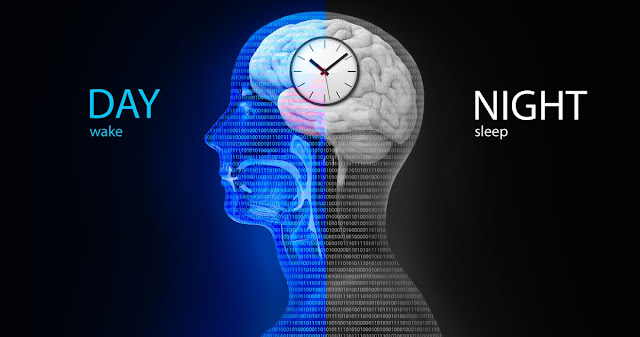Dr. Curtis Cripe Explains the Role of REM Brain Activity in Processing Emotions and Storing Memories
Each night, the brain enters a stage of sleep known as REM, Rapid Eye Movement, where dreams become most vivid, and brain activity mimics wakefulness. Far from random images, these dreams often serve a deeper cognitive purpose. Dr. Curtis Cripe, a neuroengineer and specialist in brain development, notes that REM sleep is not just a sideshow of rest but a critical process that ties together memory consolidation and emotional regulation.REM Sleep and Memory Processing
REM sleep plays a key role in how the brain sorts and stores experiences. Throughout the day, we absorb vast amounts of information. During REM cycles, the brain appears to sift through this data, deciding what to keep and what to discard. Emotional experiences tend to be prioritized, which is why dreams often carry strong emotional themes. Research shows that REM sleep enhances procedural memory, how we learn skills, and supports the integration of new information into long-term memory banks.
Emotional Regulation Through Dreaming
REM sleep is also tightly linked to the brain’s emotional centers, particularly the amygdala and the prefrontal cortex. While the amygdala becomes highly active during REM, the prefrontal cortex, which governs logical reasoning, goes quiet. This imbalance may explain why dreams can feel illogical but intensely emotional. The brain uses REM sleep to process difficult emotions, reframe stressful experiences, and reduce emotional reactivity. That is why a full night’s sleep can often bring clarity and calm after a stressful day.
What Happens When REM Sleep Is Disrupted
Interruptions to REM sleep have been linked to poor memory retention and heightened emotional sensitivity. People with depression, anxiety or PTSD often show abnormal REM patterns, either too much, too little, or irregular timing. These disruptions can create a feedback loop where poor sleep intensifies mental health issues and vice versa. Recognizing and treating REM-related disturbances has become a focal point in both sleep medicine and psychological therapy.
Unlocking Potential Through Sleep Science
Understanding REM activity opens new avenues for improving brain health. Sleep hygiene techniques can support healthier REM cycles, such as maintaining regular bedtime schedules and limiting blue light exposure. Therapies like EMDR (Eye Movement Desensitization and Reprocessing) may work by mimicking the eye movements and neural processes of REM sleep to treat emotional trauma. These findings support a growing recognition that sleep is not simply resting but an active period of neurological refinement.
Dr. Curtis Cripe highlights the importance of REM sleep in cognitive and emotional development. His work contributes to a deeper understanding of how dreams are not meaningless episodes but vital tools the brain uses to process memory, heal emotional wounds, and maintain mental balance. In a world that often undervalues rest, the science of dreaming reminds us that some of our brain’s most essential work happens while we sleep.















